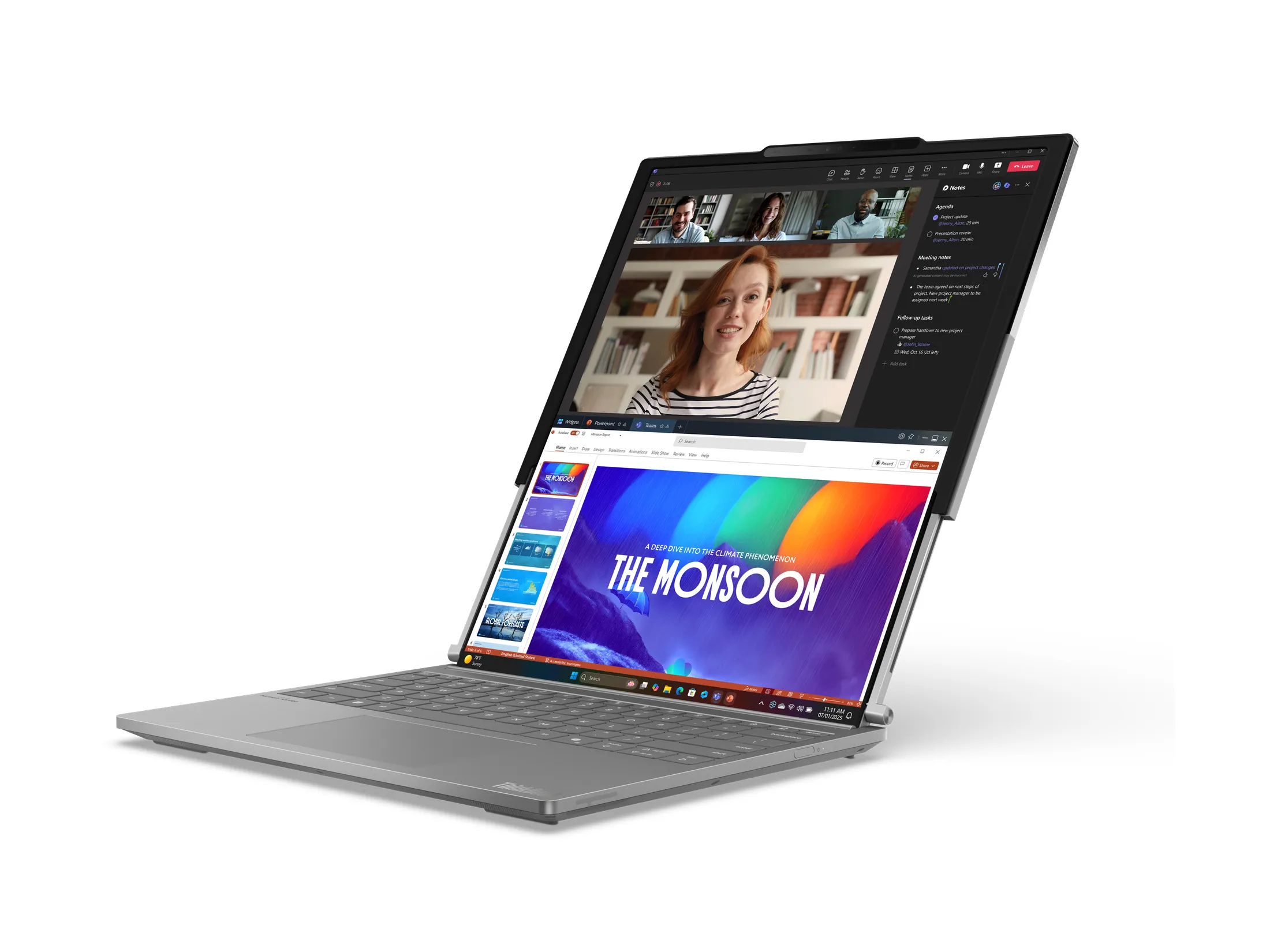I fully expect this post to take on a life of its own. So, I’d like to start it with a disclaimer. Peter, Ryan, Jason… if you end up reading this, know that I respect all of you tremendously. I believe you pour your hearts and souls into what you do, and deserve every bit of success that’s come your way. Well, almost every bit. Know that I bear no hard feelings, but the time has come for the truth to come out, and this is my contribution to that end.
For the last nine months or so, I have harbored a dispute with Engadget, and until now I have kept relatively quiet. This is the gist. I believe (I’m convinced beyond doubt, really) the writers at Engadget maintain a blacklist. They will obstinately refuse to credit any story that originates (in the relatively fuzzy meaning that the word “originates” has in the Blogosphere) from one of the sites on the blacklist, often preferring to wait quite some time until the same story pops up elsewhere, and then crediting that non-blacklisted site. Sometimes, they will go to even greater lengths to uphold the ban, stepping out of the realm of the unpleasant and squarely into the realm of the unethical. This has happened recently to DAPreview, and lucky for them, they have proof.
What do I mean by unethical? Well, in this particular case, the guys at DAPreview went to CeBIT, and took some pictures of digital music players. They then posted about these on their site, with added watermarks. Well, it seems a writer at Engadget picked up on one of these, and presumably not having been briefed by Ryan or Peter, credited a site on the “blacklist”: DAPreview. Well, some time later, the story was “corrected”: the watermark was removed (through cropping), and the story was re-credited to another site. And, the beauty of this is, DAPreview has proof consisting of a before and after picture of the article in question. This article has been linked to on several sites, such as Digg and Fark.
Now, where do I fit in with all this? Well, it seems that Engadget’s and Weblogsinc’s chosen PR strategy has been to put an interesting spin on things. They are claiming this is an isolated incident. That it’s an unfortunate mistake. That there’s no such thing as a “blacklist”. And I, for one, believe this to be false.
Here are the official statements from all involved, posted in the comments of the Digg article, for background. First from Peter Rojas. Then, Ryan Block, directly after the article in question, on Engadget.
Note from Ryan Block, Managing Editor: due to my own misunderstanding I mistakenly changed the source attribution and image on this post, but it has since been restored to its original form. I apologize for any harm or wrongdoing from this error, and respect DAPreview’s rights, content, and understanding.[Read]
And finally Jason Calacanis.
It’s not a mistake guys. The mistake was getting caught.
Let me tell you why I believe this. When I started blogging seriously, in April of 2005, I decided my “edge” was going to be stranger, quirkier gadgets, not found on big sites like Engadget or Gizmodo. I went to great lengths to find these items, sometimes spending as much as six or seven hours a day on dark and poorly frequented sites, looking for something unique. And, still unfamiliar with proper blogging etiquette, I emailed Peter Rojas directly with tips. Looking back, if I’d have to pick a reason for why I think this whole thing started, I’d have to guess it was that. He responded quite tersely to use the tip form (and I think quietly added me to “The List”).
So, I used the tip form, and something strange started happening. Engadget started writing about many things I was tipping them on… but only a few days after I sent the tip, and crediting other sites. At first, I thought nothing of it. I mean, hey, this can happen, I guess. Then, I get an email from Peter, telling me not to bother sending in tips, that I’m on their RSS reader.
Okay, fine, I think. I’m on their reader, great! Only a matter of time until they link to me. Yet, time and time again, the same thing would happen: I’d write about something strange and obscure… and a few days later, once other sites had picked up on it (sometimes even from me) they’d post about it, crediting them, and not me.
This was frustrating, yet I was willing to accept that perhaps, through sheer coincidence, they really did find all these posts on the other sites, somehow missing them on mine when they appeared (sometimes weeks before they “found” them elsewhere). And then, I came across this Gearlive post and suddenly found out I wasn’t alone. And not only was I not alone, but apparently Peter was in the practice of actively, perhaps even aggressively squashing any allegations of consistent misattribution. To give Andru support (you have to read that post to understand), and perhaps to vent a little, I entered the record in his comment section. Well, sure enough, a while later, Peter came around and flamed me for even saying anything. Check out the comments, they’re priceless.
Finally, you can read this article. It’s somewhat relevant, and quite entertaining as well. Oh, and this.
Of course, I don’t have any hard proof that this is happening. Only my impressions of what looks like a pattern. Believe me, in this business, you know when you’re being ignored. And I believe Engadget chooses to ignore news originating from certain sites, sometimes (like now) getting themselves in hot water in the process.
Now, don’t get me wrong. What Engadget has chosen to do with me is not unethical. It is unpleasant for me, but not unethical. Any site faces countless editorial decisions daily, and choosing which site to credit for a story is their prerogative. If they choose to consistently ignore one site as a source, preferring to wait until the story comes out elsewhere, then… well, it sucks for the sites being ignored, but there’s nothing technically wrong with that. But, when you push it to the point where you infringe on someone’s copyright (by removing a watermark), you’ve commited an unethical act.
To be fair, the Engadget staff has apologized for this, and I commend them for stepping up to the plate like that. Whether they would have done anything at all had DAPreview not had proof is a question better left unasked. However, what bothers me is the persistent denial that they have any sort of “blacklist”. Hell guys, you’re not fooling anyone. It’s ok to have a blacklist… you’re allowed. It sucks for us small guys if you do, but well, there’s nothing technically wrong with it. But if you choose to exclude a portion of the blogosphere, for whatever arbitrary reason, then at least be open about it. Don’t go around on every critical site, claiming this was a one time incident. Don’t make me sound like I’m crazy, stupid and paranoid.
I’m not.
You have a blacklist. You enforce it’s application. Sometimes you go too far in this enforcement. And this time, you got caught. You’ve already apologized, and that’s great.
Now don’t go and ruin it by denying it.










